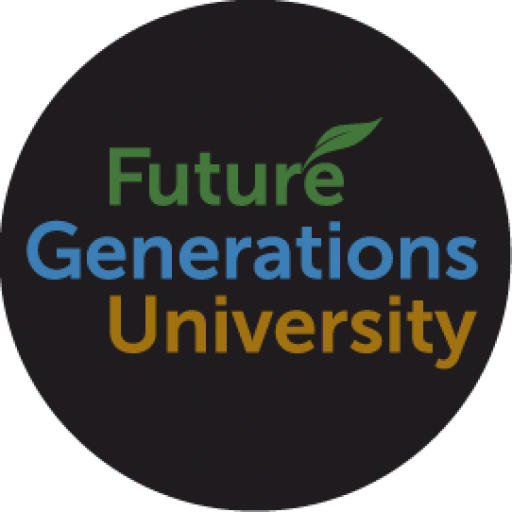Search Results for: feed
Appalachian Film Series
Future Generations University Appalachian Film Series 2024 2024 Appalachian Film Series Feedback Survey We invite your feedback! Help the University prepare for […]
Read moreBiomeridian
Understanding Impacts on Life from Climate Change This research project has launched a new website! We’ve been working to build a global […]
Read moreLaura Altobelli
LAURA ALTOBELLI Research Professor Email laura@future.edu Education Dr.P.H. Johns Hopkins University Bloomberg School of Public Health M.P.H. Johns Hopkins University Bloomberg School […]
Read moreMargaret Donnan
MARGARET DONNAN Youth Education Associate Email margaret.donnan@future.edu Education Bachelor of Science in Biology, William & Mary, Williamsburg, Virginia Biography Margaret Donnan is […]
Read more

 In planning your own future, you have an opportunity to support a just and equitable future for generations to come. One way to provide for Future Generations in your will is an outright bequest of cash, securities, real estate, or tangible personal property. You may give a specific amount, a percentage of your estate, or a particular piece of real estate or other property.
In planning your own future, you have an opportunity to support a just and equitable future for generations to come. One way to provide for Future Generations in your will is an outright bequest of cash, securities, real estate, or tangible personal property. You may give a specific amount, a percentage of your estate, or a particular piece of real estate or other property.